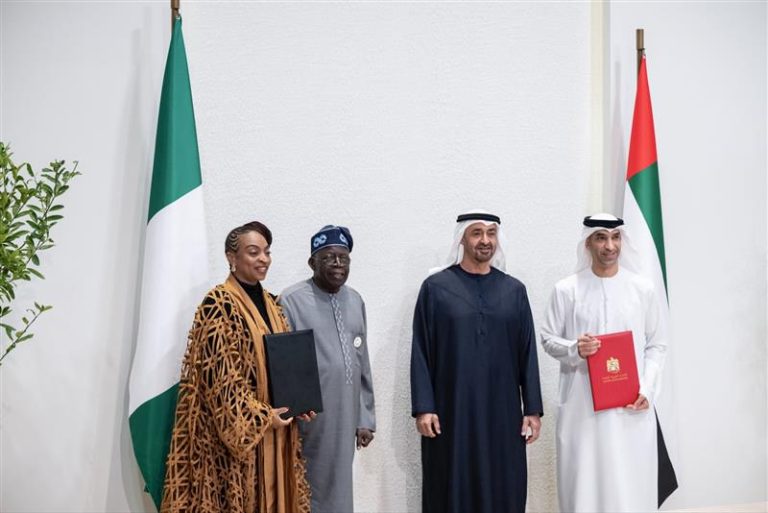
AstraZeneca has entered into a licensing agreement worth up to $555 million with Algen Biotechnologies, a U.S.-based biotech company specializing in AI-powered gene editing, to develop new therapies targeting immune-related diseases.
Under the deal announced on Monday, AstraZeneca will receive exclusive rights to develop and commercialize any therapies discovered using Algen’s AI-driven gene-editing platform, in exchange for upfront and milestone payments to the biotech firm.
The partnership underscores AstraZeneca’s growing investment in artificial intelligence and next-generation cell and gene therapy, as the Anglo-Swedish pharmaceutical giant pushes toward its ambitious target of $80 billion in annual sales by 2030.
Globally, major drugmakers are increasingly turning to AI tools to accelerate the discovery and design of new treatments. AstraZeneca’s own respiratory and immunology division brought in $4.23 billion in the first half of 2025, around 15% of the company’s total revenue, underscoring the commercial importance of the field.
The collaboration builds on AstraZeneca’s recent strategic moves to expand its biotech capabilities. In March 2025, the company agreed to acquire Belgian firm EsoBiotec in a deal worth up to $1 billion, gaining access to technology that can modify immune cells directly inside the human body.
“Together with AstraZeneca’s deep expertise in translational science and clinical development, we aim to uncover new biological insights to accelerate the development of novel therapies,” said Haotian Huang, CEO of Algen Biotechnologies.
Backed by investors including Viking Global and Illumina, Algen has previously raised $11 million in funding and remains “well capitalized,” according to Huang, who added that the company plans to scale its programs in its next funding round.



